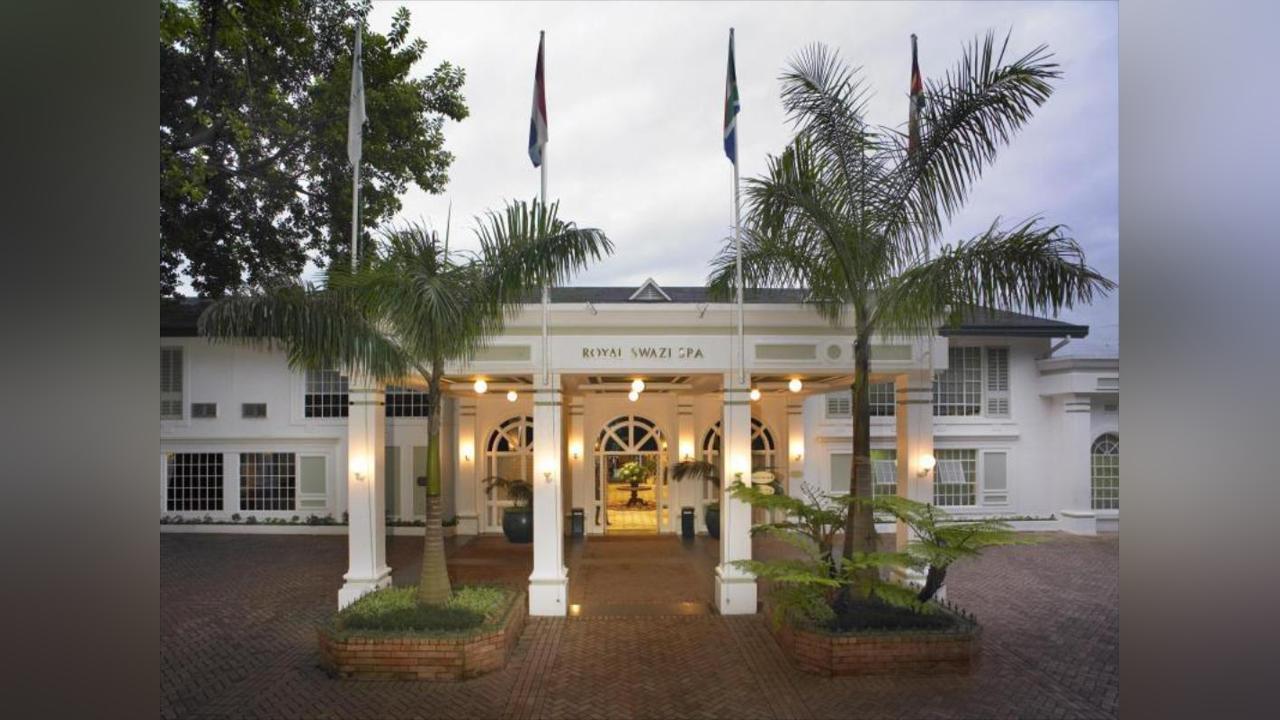Africa-Press – Eswatini. The 242 former Royal Swazi Spa employees retrenched in 1992 have lost their appeal against the hotel’s liquidator and subsidiaries.
The appeal was dismissed by the Supreme Court citing that the application fell short of what was required of an applicant in a condonation application.
“The effect of Rule 8 (2) is that, absent leave to appeal out of time, there is nothing before the court to consider, for instance, there is no appeal before the court since an appeal can only come into being by virtue of a duly filed notice of appeal,” the appellant court stated.
“The application is dismissed and the notice of appeal filed on 14 March 2023 is struck out.”
This brought to an end the ex-employees’ bid to be paid terminal benefits in respect of unfair dismissal.
The application before the Supreme Court was a result of a judgment of the court a quo, court of first instance whose judgment was under review, delivered on November 10, 2022.
The matter was brought to court by Nomsa Dlamini and 242 others in 1992 after they were retrenched.
After instituting the proceedings, negotiations took place leading to a deed of settlement being concluded between the employees and Royal Swazi Spa Holdings, and this was made an order of court on September 19, 1996.
This was done in terms of which the employees were paid in full and final settlement.
Dlamini’s complaint was that the agreement was entered into on their behalf by their erstwhile attorney, Peter Dunseith, who did not have a mandate or authority to enter into such agreement.
Although they were paid in terms of the agreement, they wanted to be paid their terminal benefits in respect of unfair dismissal. During or about 2021, the employees noted that Royal Swazi Spa and its subsidiaries were placed in liquidation whereupon they decided to submit their claims to the liquidator and the Master of the High Court, respectively, which were rejected on the basis that they had been paid in 1992.
The workers instituted review proceedings in the court a quo, seeking the review and setting aside of the decision of the liquidator and Master of the High Court. However, no mandate authorising her to act on behalf of the 242 other persons appeared in the papers, an issue that was raised during the proceedings.
The application for review was dismissed by the court a quo on November 30, 2022 on the basis that there was an unreasonable delay in bringing the application, which delay was prejudicial to both sides.
Further, that the liquidator and Master of the High Court had no authority to overrule the order of the Industrial Court.
Dissatisfied with the latter judgment, Dlamini challenged the ruling before the Supreme Court by way of notice of appeal dated March 14, 2023.
However, the dates for filing the notice had expired, hence the application was under consideration.
The liquidator contended, for one, that the application was defective in that Dlamini had failed to provide the necessary proof of authority authorising her to act on behalf of the 242 anonymous persons, nor were there any confirmatory affidavits attached.
The liquidator also submitted that the claim had prescribed in that Dlamini and the others had been retrenched in 1992, almost 30 years ago.
“It is only now that the first respondent is in liquidation, that the appellant and others are attempting to pursue claims which, in any event, had been paid in terms of the settlement agreement,” argued the liquidator.
Source: times
For More News And Analysis About Eswatini Follow Africa-Press







